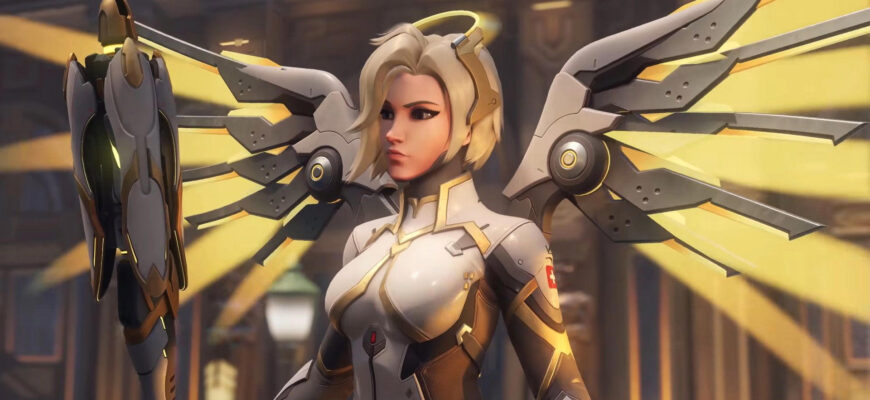Blizzard`s hero shooter sequel endured a rocky start, but a recent “Director`s Take” offers a glimpse into its tumultuous past and a promising, if cautiously optimistic, future.
The Disappearance of “Magic”
When Overwatch 2 launched, it carried the weight of its celebrated predecessor and the fervent expectations of a global player base. Yet, as developers Aaron Keller, Dion Rogers, and Alec Dawson recently conceded, the initial phase felt less like a triumphant continuation and more like a struggle. Keller, reflecting on the original Overwatch, described its creation as a moment where “everything just clicked,” a period imbued with what he termed “magic.” This elusive quality, however, seemed to vanish during the protracted development of the sequel.
The vision for Overwatch 2 was not static. It evolved, twisted, and at times, faltered. The initial emphasis on an expansive single-player narrative—a core promise that captivated many—ultimately proved unviable. This shift, from a story-driven experience to a more streamlined PvP-focused model, caused significant friction within the community and, by the developers` own admission, created a disconnect among the team.
The Pivot to PvP and the Return of “Magic”
Faced with a game that had strayed from its intended path and a community expressing palpable disappointment over the unfulfilled PvE aspirations, the development team made a decisive pivot. Their focus sharpened on enhancing the competitive player-versus-player experience, recognizing it as the true heart of the franchise. Alec Dawson, joining the team in 2022, played a pivotal role in this re-evaluation, championing a more structured and impactful approach to seasonal content.
This renewed dedication began to yield tangible results. Innovations like the introduction of Perks in Season 15 and the Stadium in Season 16 were critical turning points. Perks, allowing players to subtly alter hero abilities to fit individual playstyles, represented a significant risk, yet one that evidently resonated with the player base. These changes were not merely iterative updates; they were bold attempts to inject fresh strategy and depth into the core gameplay. According to Keller, these developments gradually brought back the “magic” – that elusive sense of synergy and excitement that defined the original game.
Lessons Learned and Future Horizons
The journey of Overwatch 2 has been a masterclass in live-service game development, demonstrating the critical importance of adaptation and listening, albeit sometimes retrospectively, to player feedback. The developers learned that a proactive approach, aiming to “surprise and delight” the community, is far more effective than merely reacting to discontent. Dawson emphasized a newfound willingness to take risks and embrace more challenging endeavors, a philosophy born from the hard-won lessons of Overwatch 2`s early years.
Looking ahead, the team is teasing ambitious plans. While details remain deliberately vague, players can anticipate a new, unannounced hero and “bold new directions” for the game`s visuals and thematic elements. Dion Rogers hinted at exploring “untapped corners of the Overwatch universe” and experimenting with innovative storytelling techniques. This promise of fresh narrative exploration, even in a primarily PvP context, offers an intriguing prospect for dedicated fans – though some community members remain wary, desiring more transparency regarding past unfulfilled promises.
Impact on Overwatch 2 Esports
The reinforced focus on the competitive PvP experience inherently benefits the Overwatch 2 esports scene. Features like Perks, which became an integral part of the Overwatch Champions Series in February 2025, add significant strategic depth for professional teams, influencing team compositions and overall meta-gameplay. As developers continue to iterate on game modes and hero balance, these changes will invariably ripple through the competitive circuit, potentially attracting new viewership and evolving the spectacle of high-level play.
The redemption arc of Overwatch 2 is far from over, but the developers` open acknowledgment of past missteps and their commitment to a revitalized vision paints a picture of a game finding its footing. The “magic” might have waned, but with a renewed focus on competitive innovation and a willingness to explore uncharted territory, Blizzard aims to ensure the hero shooter remains a vibrant and engaging experience for years to come.








